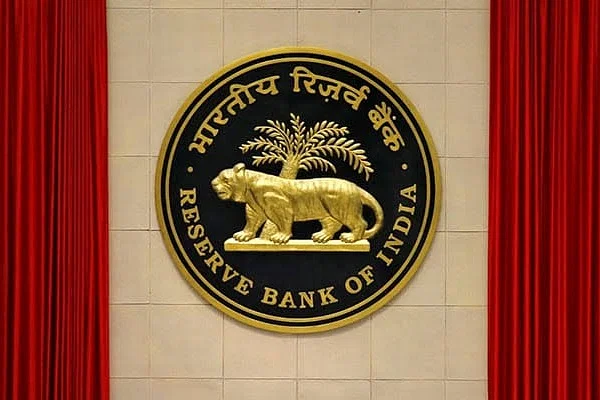China’s economic landscape has taken a notable turn as it slides into deflation, marked by a decline in consumer prices for the first time since February 2021. The second-largest economy in the world has faced a substantial deceleration due to extended Covid-19-induced lockdowns. This shift carries far-reaching consequences for various sectors, including India’s economy, and has the potential to influence the global market dynamics.
The official consumer price index, an indicator of inflation, witnessed a drop of 0.3% in July compared to the previous year. Simultaneously, China’s exports plummeted by 14.5% and imports by 12.4% in July, underscoring the economic slowdown.
According to reports, several factors contributed to this deflationary trend. Costs of food, transportation, and household goods all experienced a decline in July, with pork prices dropping by 26% and vegetable prices by 1.5%.
Deflation, in essence, is a phenomenon characterized by a widespread reduction in the prices of goods and services across the economy. While it initially boosts consumers’ purchasing power, it can trigger economic downturns, leading to recessions or depressions. The potential repercussions of deflation have spurred the US administration to regulate high-tech investments towards China. Moreover, Alibaba, a major player in China’s digital economy, reported a surprising 14% increase in quarterly sales, despite the broader economic slowdown.
The ramifications of China’s deflation echo globally. On one hand, it could alleviate rising prices in other parts of the world, given China’s significant role as a major global goods producer. However, the lowered prices of Chinese-manufactured goods might impact employment and business investment, potentially leading to a cycle of decreasing economic activity. Reduced demand, stemming from consistently falling prices, could result in lower production, diminished business revenues, heightened unemployment, and decreased consumer spending.
For India, China’s deflation presents a mixed bag. The positive aspect lies in the possibility of India emerging as an alternative manufacturing hub for developed economies. If India accelerates economic reforms, it could position itself favorably as China’s manufacturing influence wanes. However, India’s substantial export of iron ore to China, constituting nearly 70% of China’s imports, could face challenges due to China’s economic slowdown.
China’s entry into deflation has multifaceted implications for India and the global market. While India stands to benefit as a potential manufacturing hub, the adverse impact on iron ore exports raises concerns. Globally, deflation can have a dual effect: curbing rising prices in some regions while potentially triggering economic contractions in others. As the global economic landscape evolves, closely monitoring these developments becomes crucial for informed decision-making.














